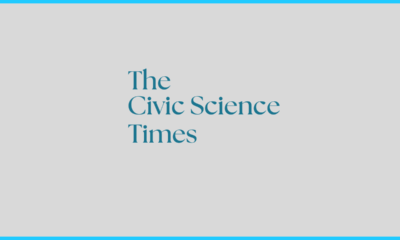Civic Science Observer
NextGen Voices on Global collaboration
by Fanuel Muindi
[dropcap]W[/dropcap]e need more travel funds for scientists in developing nations. Today’s global scientific community is more connected than any other time in history. The technology available today allows for fast and reliable communication between scientists in different countries, which is essential for collaborative research projects. However, technology alone is not sufficient for sustainable global collaboration between laboratories and research institutions spread across the world. The critical element that is still needed is the personal interaction between scientists. The biggest challenge to collaboration is the cost of traveling for scientists to visit each other’s labs and attend conferences on a regular basis. In particular, the costs associated with travel prevent many scientists in developing countries from visiting labs abroad, attending conferences, and teaching seminars. I think that more travel funds should be set up to increase the opportunities for scientists across the world to meet each other and develop close research and teaching collaborations. More important, more travel funds should be appropriated to student scientists that are currently in the pipeline to help them develop scientific relationships and collaborations early in their careers.
Fanuel Muindi is a former neuroscientist turned civic science ethnographer. He is a professor of the practice in the Department of Communication Studies within the College of Arts, Media, and Design at Northeastern University, where he leads the Civic Science Media Lab. Dr. Muindi received his Bachelor’s degree in Biology and PhD in Organismal Biology from Morehouse College and Stanford University, respectively. He completed his postdoctoral training at MIT.

-
Audio Studio1 month ago
“Reading it opened up a whole new world.” Kim Steele on building her company ‘Documentaries Don’t Work’
-
 Civic Science Observer1 week ago
Civic Science Observer1 week ago‘Science policy’ Google searches spiked in 2025. What does that mean?
-
Civic Science Observer1 month ago
Our developing civic science photojournalism experiment: Photos from 2025
-
Civic Science Observer1 month ago
Together again: Day 1 of the 2025 ASTC conference in black and white
Contact
Menu
Designed with WordPress






















